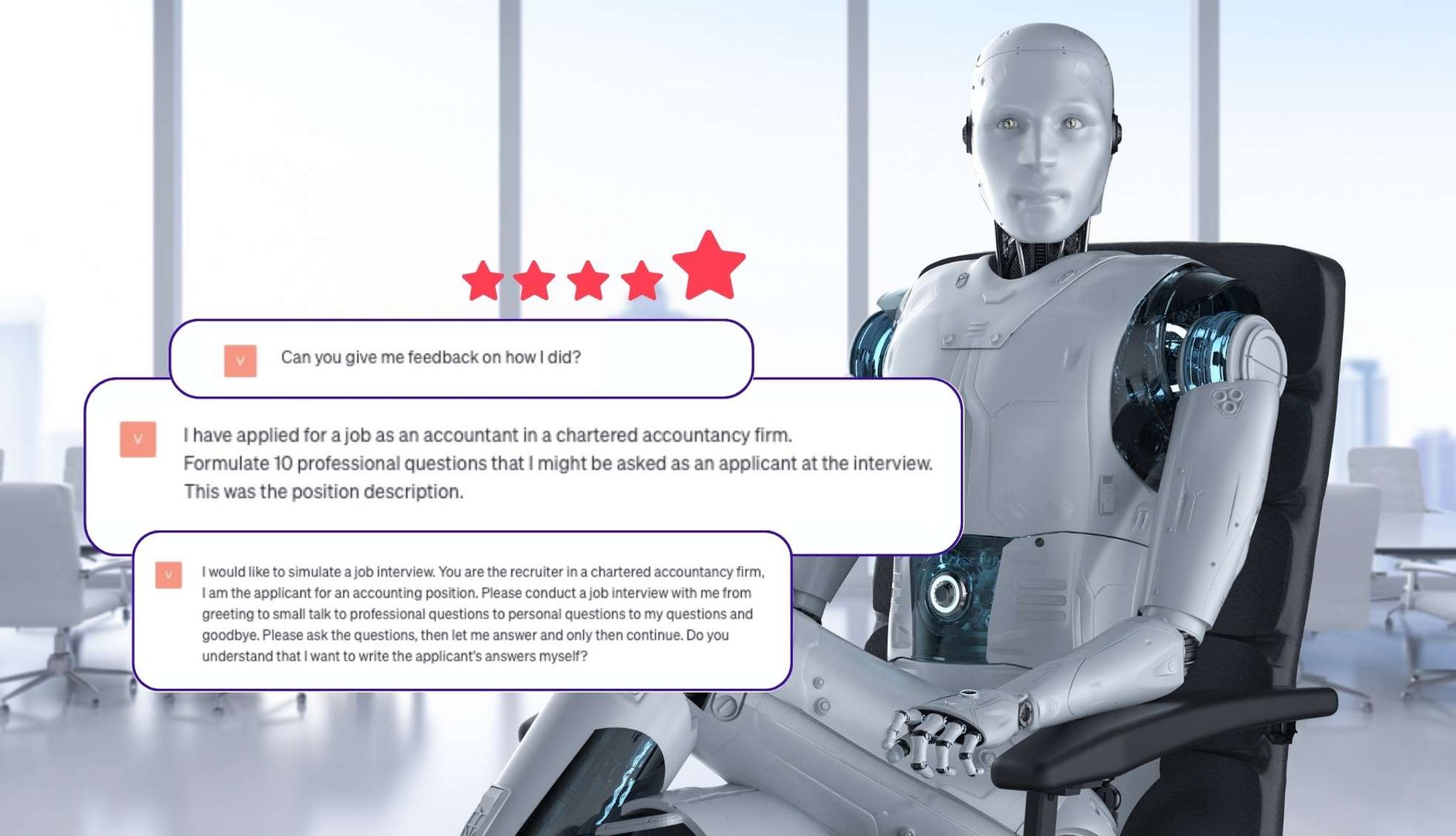Why your own questions are so important
The job interview is not an exam, but a mutual decision-making process. Employers want to find out whether you fit into the team—and you should do the same to find out whether the company is right for you.
Well-thought-out questions show:
- Your genuine interest in the job and the company
- Your ability to reflect
- Your desire to make a long-term career decision
And by the way: Good questions stick in people's minds.
The 10 best questions for your next job interview
1. What topics is your team currently focusing on?
This open-ended question gives you exciting insights into current projects, challenges, and priorities—and shows that you are interested in the “real life” of the job.
2. How would you know that I am doing a good job?
This question steers the conversation toward expectations, success indicators, and goals—a smart alternative to the classic KPI question.
3. What are some typical hurdles that newcomers to this role experience?
This question signals that you are not afraid of challenges, but want to actively deal with them.
4. How does communication between departments work at your company?
This is a key issue for smooth working, whether it's flat hierarchies, clear processes, or direct channels.
5. Are there examples of employees who have developed internally?
This will give you an idea of career paths and how strongly internal development is really practiced—far beyond lip service.
6. How do you personally experience the working atmosphere on a day-to-day basis?
This question creates closeness – and you find out how credible the “employer brand” really is.
7. Which training formats are particularly encouraged?
Instead of a standard question about “development,” you focus on specific measures – from seminars and e-learning to shadowing.
8. How does the onboarding process for new team members work?
This shows that you value a structured induction process and gives you an indication of how much support you can expect.
9. In your opinion, what three qualities distinguish top people in this position?
This question steers the conversation toward soft skills, attitude, and priorities, and lets you find out what is really important to the company.
10. What are the next steps following this interview?
This closing question signals commitment and gives you clarity about the next steps – instead of leaving you in the dark.
Typical mistakes in job interviews – and how to avoid them
Even good questions can fall flat if you don't avoid these pitfalls:
- Not asking any questions – comes across as uninterested
- Superficial questions (“What exactly does your company do?”) – shows a lack of preparation
- Inappropriate timing when discussing critical topics (e.g., salary or vacation) – better to address these later on
FAQ – What applicants often want to know
- How many questions should I ask? Between three and five – depending on how much time you are given during the interview.
- When is the right time? Usually at the end. However, if good opportunities arise during the interview, you should take advantage of them.
- Can I also ask about management style or team dynamics? Absolutely. Try to phrase your questions as openly and appreciatively as possible.
- What about salary? It's best not to bring this up in the first interview. Wait to see if your interviewer brings up the subject – or save it for the second interview.
Conclusion: Ask smart questions – make better decisions
Asking your own questions is not just a nice extra, it is a crucial part of a successful job interview. They help you gain real insights, show self-confidence, and find out whether the job is really right for you.
After all, you don't want just any job – you want the right one.






